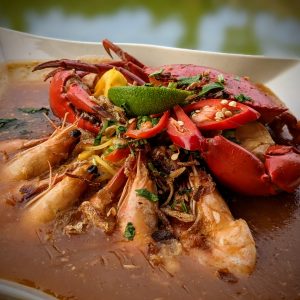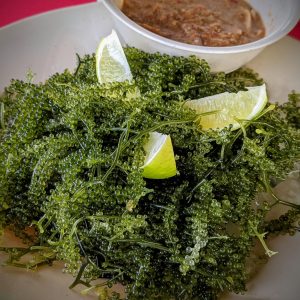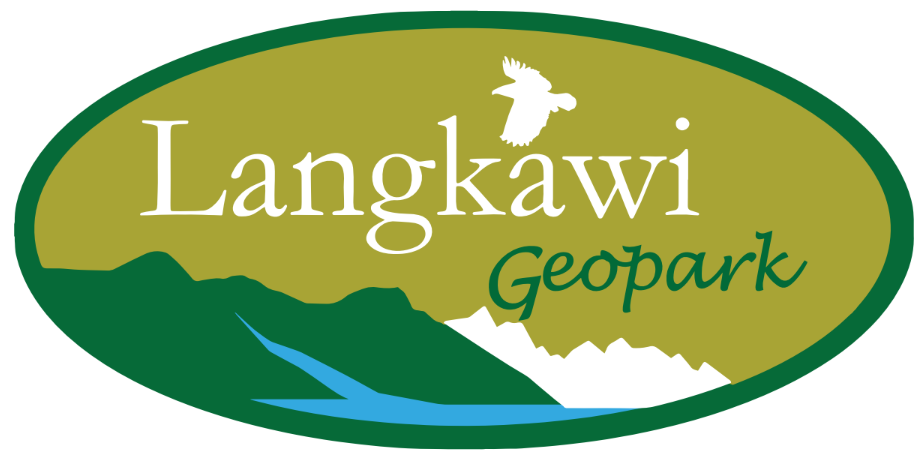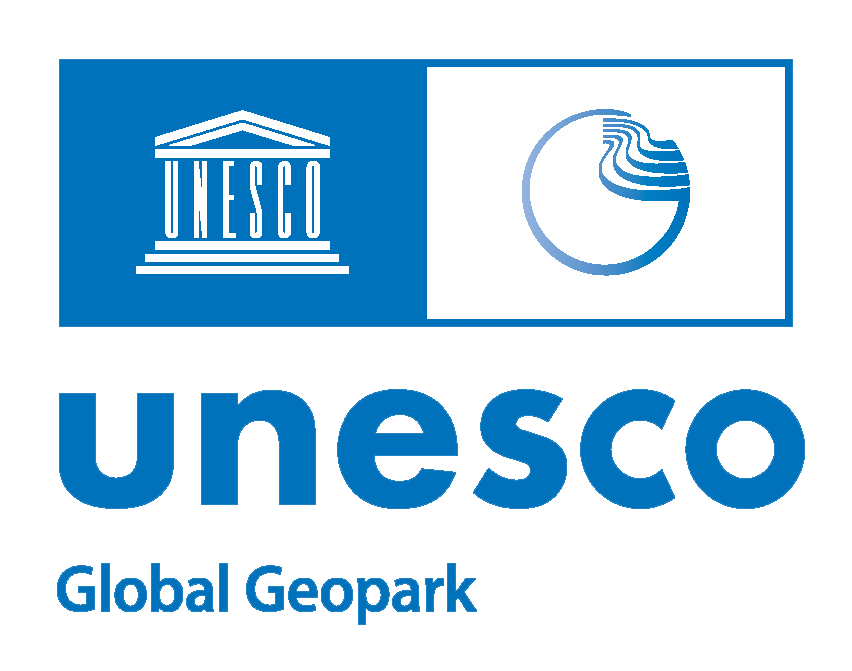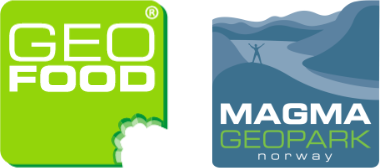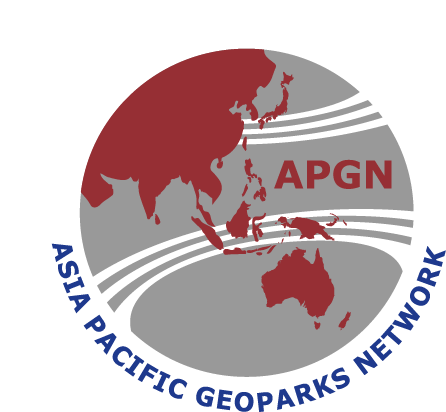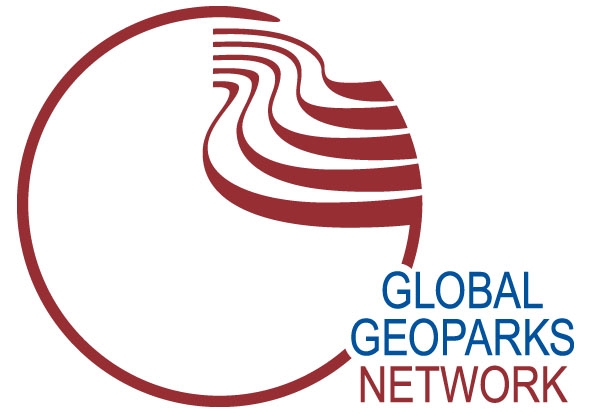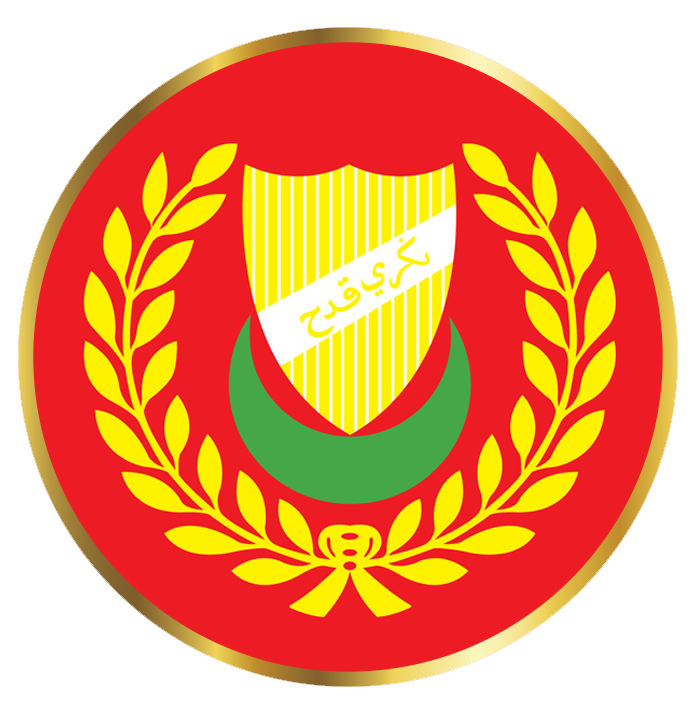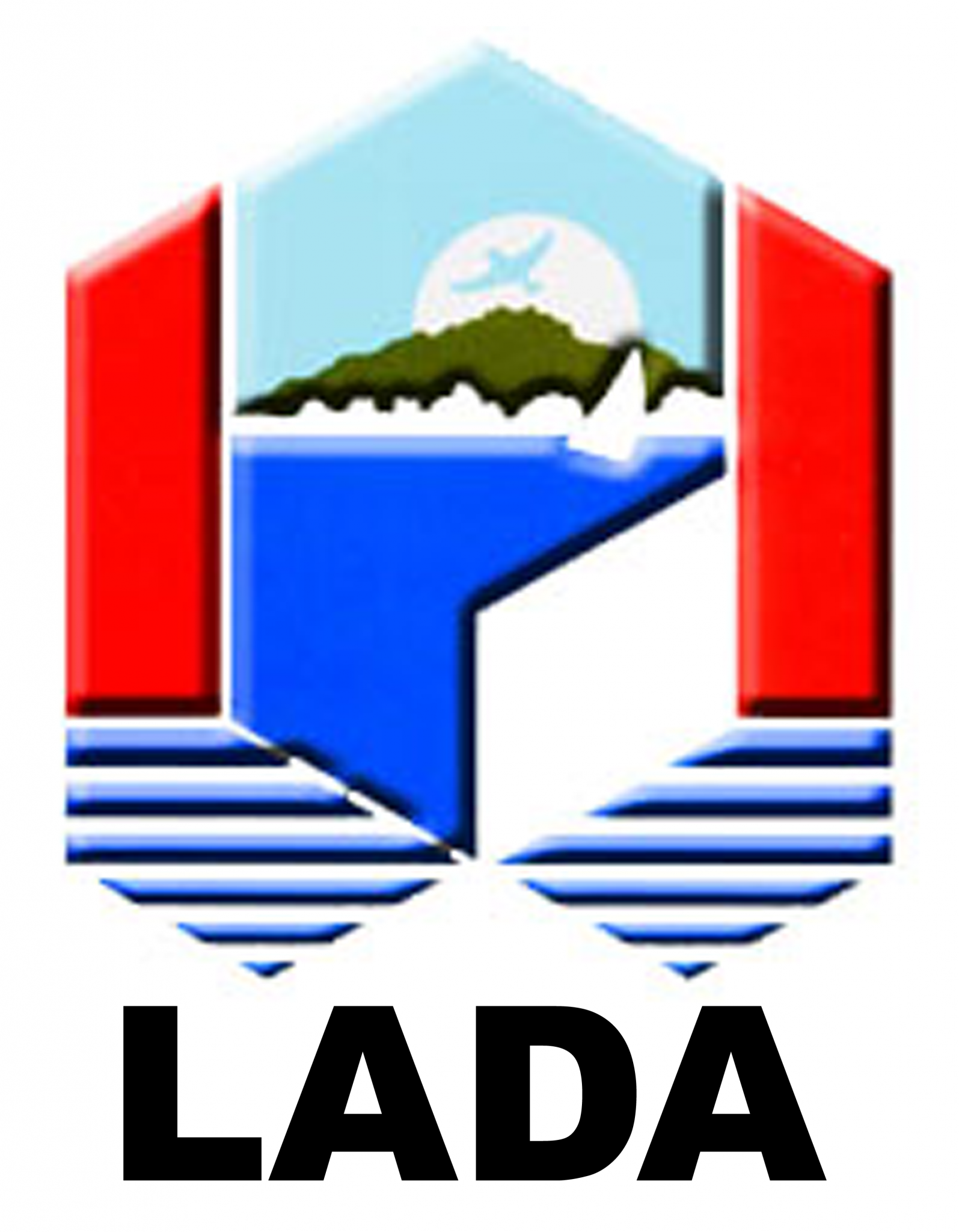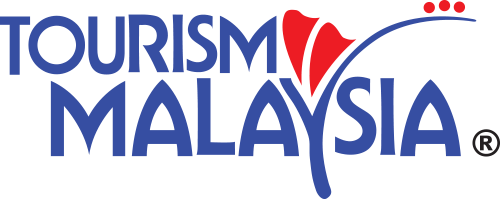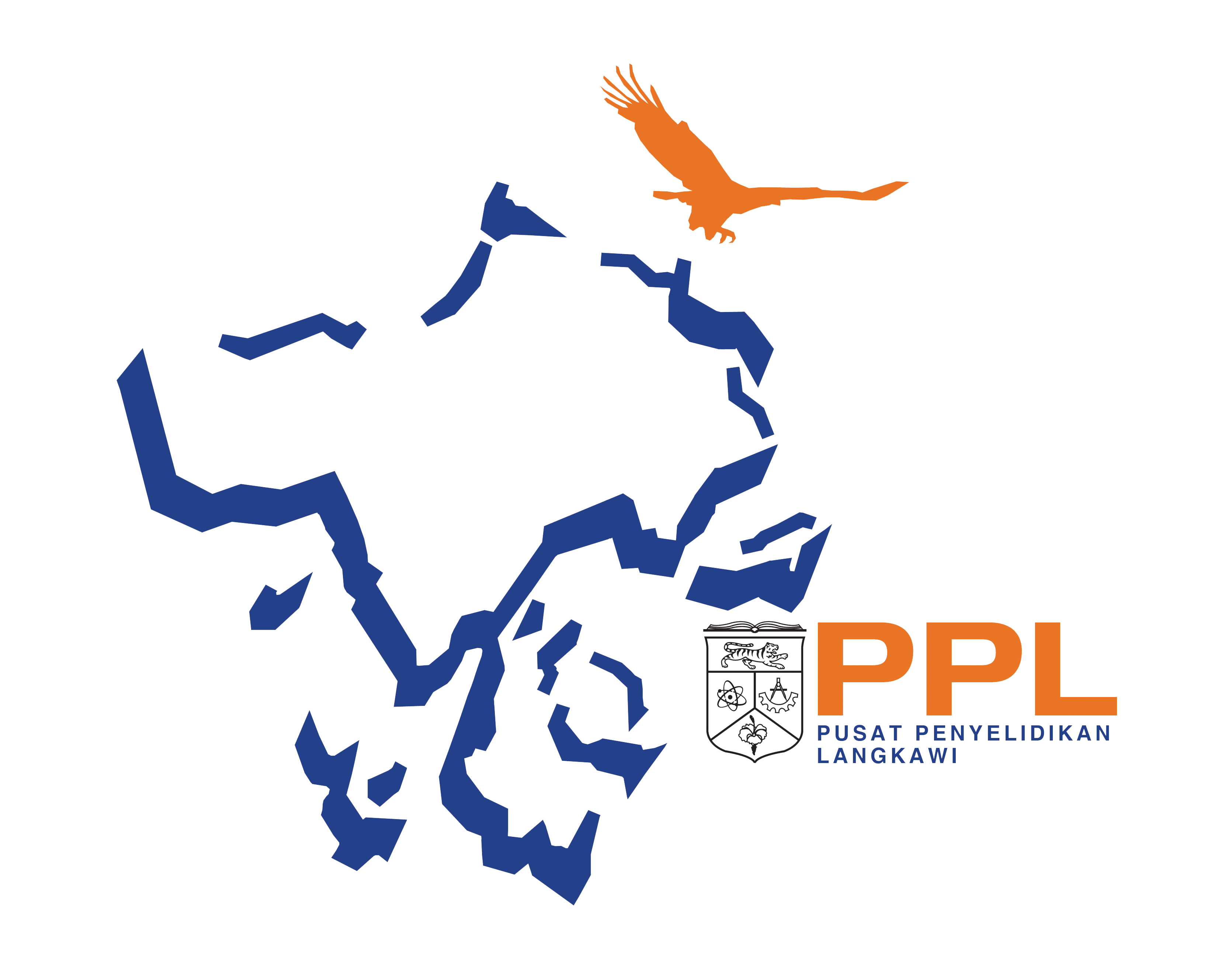GEOFood
Geoparks, People
Nature and Food.
Introduction
Since food heritage is the one of the common traits that is shared amongst the different cultures of the world, GEOfood was created in hopes of finding the connections between local food and it’s significance in their respective geological heritage. Which will in turn enhance sustainable development projects in UNESCO Global Geoparks, by increasing the public’s awareness of geological heritage and its impact on peoples’ lives.
Products that carry the brand GEOfood have a responsibility to make consumers aware of the crucial role that local food production plays in maintaining geodiversity.
The mission of the GEOfood project is to utilise the scientific approach to establish the connection between geoheritage, geodiversity, ecosystem services, food production and sustainable development, in 26 areas around the world.
These results will then be analysed and circulated in the scientific community as well as the UNESCO Global Geoparks international networks.
MC Gemilang Natural Water
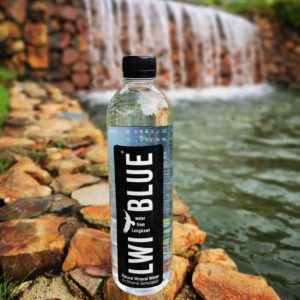
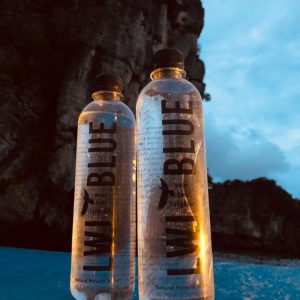
LWI Blue’s foundations lay on friendships formed over 30 years ago. Simon Wang, Jeffrey Tan, and SK Tan met at secondary school in Triang, Pahang and have remained close friends during their varied careers. When Simon, his father Datuk Wang, and renowned geologist Zainol Bin Husin discovered reserves of potable natural mineral water below the ancient Langkawi rainforests at the base of Gunung Raya they created the company MC Gemilang and set about harnessing this gift of Langkawi to share with Langkawi’s residents and visitors.
Bronok
Scientifically known as acaudina molpadioides, this invertebrate is a member of the sea cucumber family, and can be found in the waters of Langkawi. As with it’s common cousin the sea cucumber, the bronok has a myriad of health benefits; many traditional medicines and nutritious cuisine featuring this sweet sea potato, has made it a local island delicacy. It is these kinds unique food sources that keep the connection between the locals and their surrounding ecosystem strong.
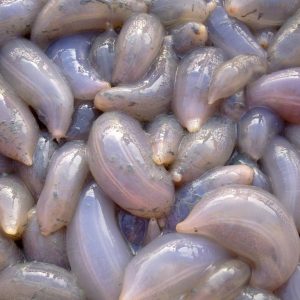
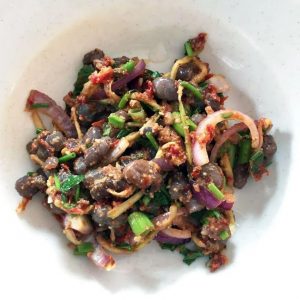
Gamat
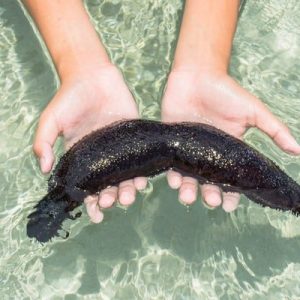
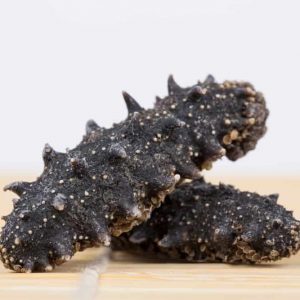
Sea Cucumbers offers a myriad of health benefits whether consumed or simply applied externally as an antibacterial disinfectant and anti-inflammatory. In traditional Chinese medicine the consumption of Gamat is used to treat fatigue, constipation, frequent urination and even joint pain. With the various benefits that Gamat provides, it’s no wonder that this humble sea cucumber has become synonymous with Langkawi.
Virgin Coconut Oil
Almost over thousands of studies have proven, coconut oil to be one of the healthiest foods. The many uses and healing benefits of coconut oil go beyond people’s expectation, coconut is indeed a true superfood. Here in Langkawi amidst the natural surroundings and serenity of Datai Valley, a very enterprising businesswoman have been spreading the health benefits of virgin coconut oil in maintaining overall vitality throughout the years. This product is a great example of using the natural gifts provided by the environment, to maintain a sustainable business practice for the island.
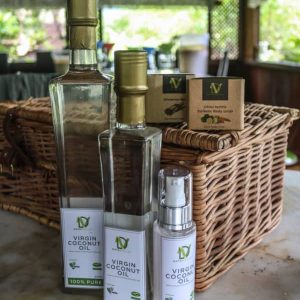
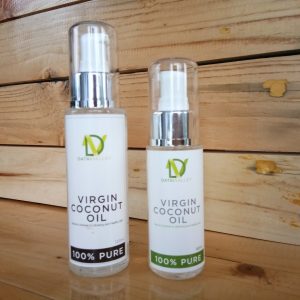
Madu Kelulut
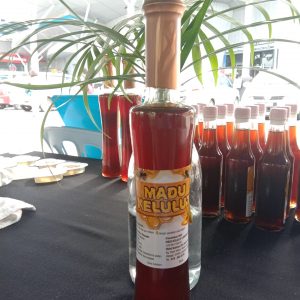
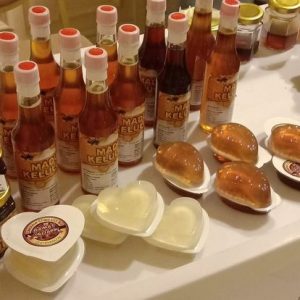
Kelulut Honey (madu in Malay) comes from a large tribe of bees called Meliponini, and are closely related to the common honey bee, carpenter bees and bumblebees. The key difference that sets these Kelulut bees apart, are their non-functioning stingers for defence (hence also commonly known as ‘stingless bees’). The honey produced from these stingless bees are nutrient rich and extremely high in antibacterial resistance compared to normal honey. This is because the bees collect nectar from the deepest part of the flower, where it has a richer concentration of plant nutrients. Here in Langkawi, the abundance of flora for nectar sources means that there’s a thriving stingless bee population that offers opportunity for harvesting Kelulut honey using sustainable beekeeping practices.
Laktud & Mee Ketam
The list of food delicacies found in Langkawi keeps growing as local foodies and chefs, venture into new flavours and ingredients. Perhaps one of the more recent food discovery over the past decade is Laktud; a type of seaweed from a species of green algae found mainly in the Indo-Pacific region. This laktud is normally eaten raw or served as a salad. Here in Langkawi you can find laktud prepared with a certain signature flair at Crab Farm Langkawi. They have the freshest laktud because they grow them on site! As the name suggests, Crab Farm Langkawi grows giant mud crabs and supplies them around the island to small eateries. And with fresh ingredient around, visitors to Crab Farm Langkawi can enjoy a delectable combination of Laktud salad and crab noodles.
